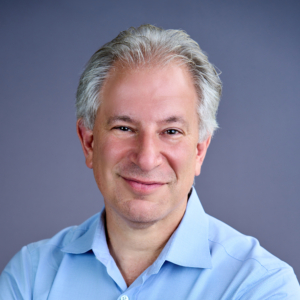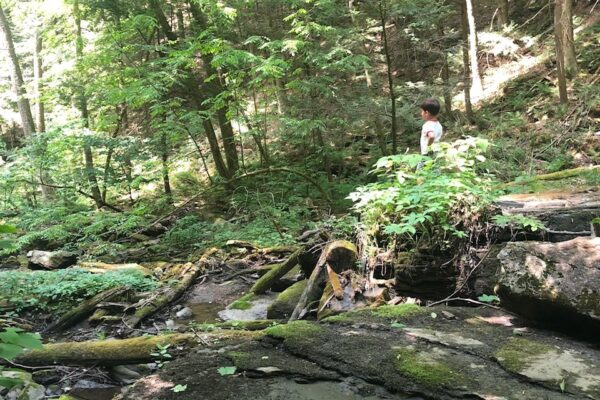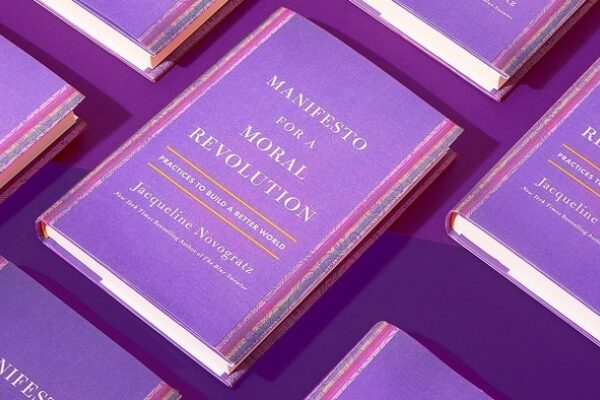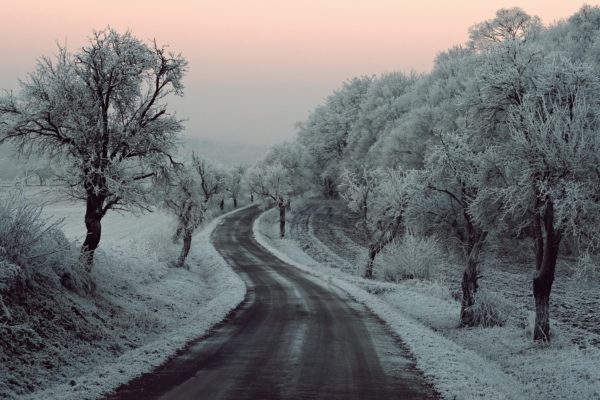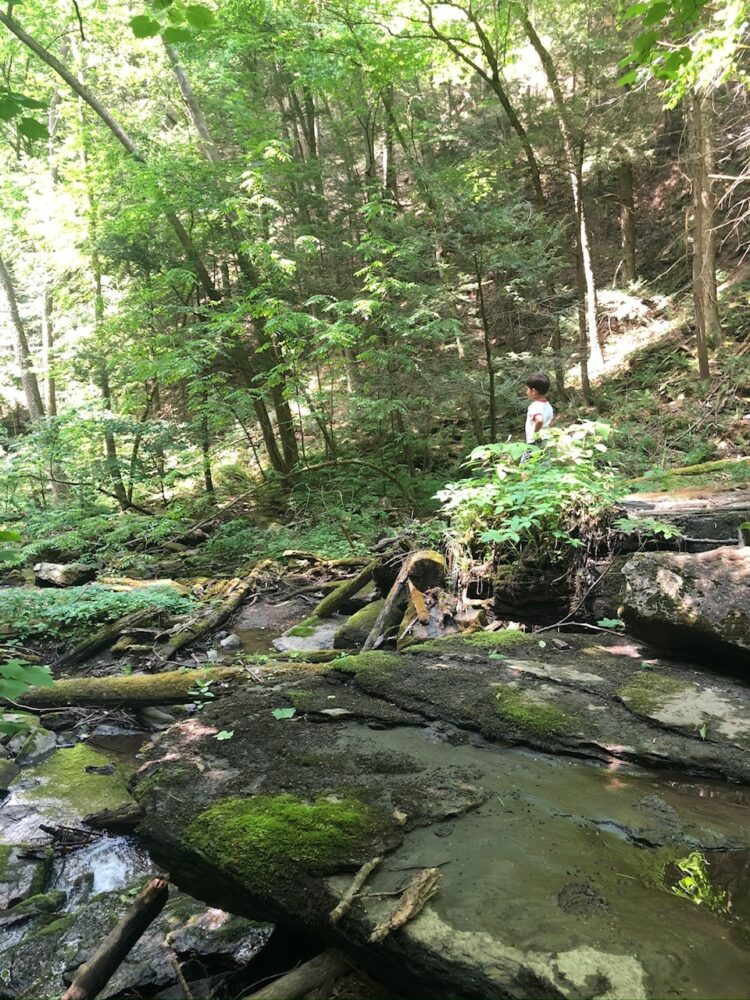
Having written so little in this space in several months, I am writing these words as an open letter—taking a moment to speak at a personal level, before sharing a broader reflection.
Everything in my daily experience stands out, from a larger vantage, as the product of spectacular luck. After winning a first lottery of being born here, in the US, to wonderful parents, not especially affluent but possessed of every kind of privilege that matters, I went on to win a second lottery of early opportunity, in the schools I attended, the doors they opened, and the gift of being offered the chance to become a co-founder of Katzenbach Partners with Jon Katzenbach and Marc Feigen when I was still in my mid-twenties and had only a tiny fraction of their experience and skill. Now to have been as yet relatively unscathed by COVID both represents both a product of these winning tickets – think of the magnitude of difference in outcomes by race and by neighborhood—and yet another star in a constellation of good fortune, that are only in small part of my own making, for which to be grateful.
I think of my life most significantly in terms of three big commitments: to being a father, to Minh and Henry, now five and four; to building a life with my wife, Uyen; and to building Incandescent, advancing the life’s work that this firm embodies and represents, and fulfilling the potential we have to achieve impact. The deepest sense of being lucky, as I experience it, is that all three commitments are emerging whole from these recent months.
We’ve been healthy. We’ve only been strengthened as a family by this time of relative isolation together. Our experience of loss in this era of our lives has been the sudden death of my father, who was able to know Minh and Henry, and the death of Uyen’s father, after years of struggle with cancer, who wasn’t alive long enough to know them. Our ledger of loss hasn’t grown, at a time when so many others’ have. Both my mother and Uyen’s have been healthy through this time, and our immediate circles have, so far, been spared.
With Incandescent, too, we are grateful for what could so easily have been otherwise. Our revenues came down 80% from February to April. Just as in a financial crisis, assets that otherwise move independently converge as investors flee risk of any kind, in the crisis of early spring, we experienced that for all the breadth of types of work (strategy, organization, leadership, innovation, etc.) and engagement in different sectors, what our work had in common was that nearly all of it concerns a time horizon longer than anyone could focus on. When the work of leaders compressed to concern events unfolding at the scale of days or even hours, our focus on months and years was largely irrelevant.
During that time, we calculated the months of runway we had to spend down the earnings we had retained from operations in our first seven years, took a deep breath, and stepped into the moment as a skydiver leaves an airplane, maintaining presence of mind and believing that our parachute would open at some point within the window that it must. We clarified for ourselves that during what might become a period of months in which we couldn’t really do business, our real work would be three things:
- To be thought partners and supporters to the people we cared about, both clients and the hundreds of other individuals whom we consider to be our professional community
- To invest in the primary assets that we’d bring into the future, our ideas and capabilities
- To support one another, and create as many opportunities for people to learn in action as they could, without the being able to rely upon paid work as the fulcrum of development
These three endeavors grounded us, and the firm has proved resilient. Parts of our prior business came back in changed form, and we’ve had the space to take on new commitments, in all the domains in which we work – with large enterprises, with non-profits and philanthropy, and with founders of entrepreneurial businesses – commitments that fundamentally pull us forward.
In March, as so many of us felt the world was spinning off the axis of anything we’d known, I wrote a piece called Thinking Clearly Amidst a Catastrophe. This piece explored the idea that what we can do amidst catastrophe is to hold onto four thoughts, four principles: affirming deepest commitments, hammering out core models to steer by, becoming present, and widening the circle of concern. The central figure in that piece was a man named Albert Jones, whom Robert Coles wrote about in Lives of Moral Leadership: a parishioner in a Black church in the Roxbury neighborhood of Boston who in a different crucible year, 1968, stepped forward to drive the bus bringing children from the neighborhood to previously segregated schools. What Coles captured Albert showing us is what leadership really feels like, on the inside, in times that demand of us more than what we knew to be our best.
…. there’s a crowd of people… they’re going one way one minute, and the next way the next minute, and they’re headed for trouble and more trouble, for a fight and another fight, and this won’t stop until someone starts telling it like it is, and speaking big, speaking the truth, speaking above himself and way beyond himself, even if he’s scared, like anyone else (but everyone is!) and he’s decided to roll the dice, not to make dough but to put his heart on the line, no matter what, and his soul, too – and that’s being a leader. “What’s a leader” I asked myself that, right in the church, so help me God. I asked myself: what should you say now, Albert? But I heard nothing, except my heart beating hard, and I saw my fingers moving, my right hand shaking, and I could feel my toes, ready to go – get out of there, rather than take a chance and stay and say what seems right….
Sometimes what the world asks of us is to speak; sometimes the best expression of conviction is to hold one’s voice, during times when others have a deeper and a more urgent need to be heard. I’ve felt that way these recent months. Twice it felt there was something important for me to say in public, something that I might express in some truly additive way: as the pandemic accelerated, to write about the nature of Thinking Clearly, and when Jacqueline Novogratz published her book Manifesto for a Moral Revolution, to share a piece called Learning How to Live, which reflected on the book and more broadly on what I’ve learned from Jacqueline’s example and from the experience of being on the journey with her in building Acumen. The rest of what mattered to say felt truer to say in private, in what felt like a season in which to avoid asking for attention that belonged to others’ voices and others’ thoughts.
We are passing through a time of constraint, a season of constriction. Now, the turning season feels like an invitation to imagine how it might be possible to live in a larger world. Try on, for a moment, this frame:
The size of our world is the breadth and depth of what we take into our lives—to attend to and to make more whole—as we seek to fulfill our fundamental commitments.
I don’t yet have confidence in this formulation. As everything seems to be these days, this is a rough draft at sensemaking. What this sentence gestures toward is the idea that we ourselves become larger wholes as we widen our circle of concern, noticing and helping to complete more of what’s there. Part of being human is to be anchored somewhere, to some commitments that we take as fundamental – but if we choose these well, they not only provide a spotlight of focus but cast illumination far beyond our own immediate circumstances.
The picture above this letter is of our son Henry staring into the green spaces of Dean’s Ravine, twenty minutes as a child walks along a trail just down the street from the house in West Cornwall, CT where we lived this summer. Children are constantly reaching to live in a larger world. They take joy in each small act of enlargement. When they fray, it can feel as though they’re screaming that they’ve stretched too far, that they’re done for now (in these moments, the whole world constricts to now) and can’t we just make the world comfortably their size. As grown-ups, we don’t stop wishing the wish that the world might be made comfortably our size – but we stop growing when that wish hardens, when the wish becomes something more than a respite from long, playful spans of reaching.
What happens when we do make space to reach?
I’d like to use this space of On Human Enterprise to explore this question more deeply in the season to come. The next piece I’ll share is a podcast that’s meant to be a kind of guided meditation on the question of reaching beyond what we know how to achieve, shaped around the story of my friend Mark Pollock. In another upcoming post, I’ll share a practical map for how students – and people early in their careers more broadly – can build the tangible skills needed to pursue their dreams when access to internships and other practice fields are so much more difficult to come by. In a further post, I’ll offer a reflection, from a mentor’s point of view, on the long journey from undergraduate to CEO. Just as people reach beyond their grasp, so too do companies, and I’ll share thoughts on the art and discipline of taking small, fast steps toward a distant goal. There was a time to pause and this now feels like a time to be back in conversation, to share in public useful sketches along the way to a fuller treatment of the larger questions I’ve been framing here.
When I was still in my mid-twenties, my friend Ashley Hubka described to me the experience of witnessing an avalanche, which in the days that followed, formed the seed crystal of this poem.
An Avalanche – Nepal, 1996
After the tremor of slight sound
That might have passed unnoticed
Into upper air; after the thin fury
Of sunlight this far above the treeline cuts
To where the blinding mass of snow asks
To be broken, you will hear a sharp intake
Of breath and see, three hundred yards above,
The flicker of whiteness
Turning animate. The cascade opens
From this point, the long white sum
Of small collisions. It does not appear
To accelerate, but gathers mass into
One flowering; then falls to rest, like terror,
Leaving most of what we know unchanged.
May these months leave unchanged, for each of us, as much as possible of what we love. And, too: may the difficult seasons past, and this perilous season next to come, give us entry into a larger world and teach us something essential of how to live in it.
